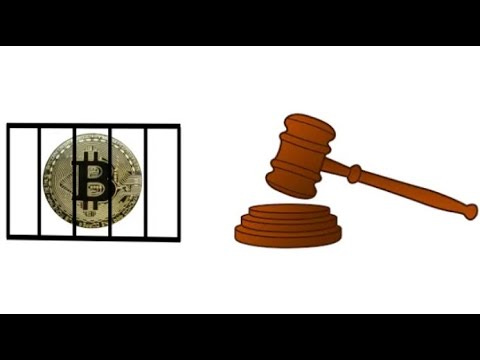Dear Readers,
A lot of FUD about self-custody has been going around lately, with social media personalities and CEOs of custodial services alike trying to convince their audiences that self-custody is more risky than letting a so-called “professional” hold your private keys for you.
I’ve said it before and I’ll say it again: self-custody is not without risks. But recent events have seemingly put to rest any potential argument that self-custody is more risky than custodial services…
You Don’t Own Me…Or Do You?
Most of you will recall the implosion last summer of Celsius Network, which, prior to its downfall, was arguably the largest crypto bank in the entire space. In retrospect, the company appears to have made some very poor risk assessments with its investments, leading to significant losses. Facing mass withdrawals of assets by its customers, the company decided to halt withdrawals altogether and then entered bankruptcy a few weeks later.
The bankruptcy case has been proceeding at a snail’s pace ever since (as they usually do), but some explosive news recently came out of the proceedings.
Those of you who have been reading the newsletter for a while may remember early last year when I wrote about certain portions of the terms of service for Celsius Network and some of its competitors that called into question customers’ ownership of Bitcoin they deposited onto those platforms. Let’s jog our memories with this example:
Custodial services spend millions to publicly advertise the security of their platforms and to assure us that our assets will always remain our property. So it’s not surprising that a lot of people find it hard to believe that someone might question their ownership of their hard-earned Bitcoin during a bankruptcy case. Their ownership, or rather, their lack of ownership, is no longer in question, as the bankruptcy judge in the Celsius Network case ruled just last week that customers (in his opinion) forfeited their ownership of their own Bitcoin when they deposited them into Celsius’ “Earn” product:
The Court concludes, based on Celsius’s unambiguous Terms of Use, and subject to any reserved defenses, that when the cryptocurrency assets…were deposited in Earn Accounts, the cryptocurrency assets became Celsius’s property; and the cryptocurrency assets remaining in the Earn Accounts on the Petition Date became property of the Debtors’ bankruptcy estates.
What a bombshell revelation, and one that’s certain to make waves across the custodial landscape. A number of other crypto banks have filed or soon may file for bankruptcy, and this ruling will likely be used as precedent in future bankruptcy cases to separate more customers from their hard-earned Bitcoin.
One thing is abundantly clear: even governments agree that if you don’t control your private keys, you don’t own your Bitcoin.
Not Your Keys, Not Your Coins
Custodians won’t respect our rights to our money when push comes to shove, and now even governments through their court systems are putting customer assets on the chopping block. If we can’t trust corporations and governments to protect our money, why should we bother giving it to them in the first place?
We shouldn’t.
The time to take control of our financial future is now. For the first time in history, we have money that can be self-custodied and protected all by ourselves with relative ease. Truth be told, there’s no reason why Bitcoin have to be custodied by someone else; if we don’t custody our own Bitcoin, it’s by choice, not out of necessity.
I invite you to consider starting your Bitcoin journey today. No one is more interested in protecting your Bitcoin holdings than you should be. So why wait?
Read the next article in this series:
A Special Bonus For Premium Members
Don’t forget that as a premium subscriber to HiFi Bitcoin you get exclusive access to all of my premium educational resources at no extra charge.
Can’t Get Enough Bitcoin In Your Life? Follow Me On Social Media:
🙋🏽♂️Did You Enjoy This Edition Of The HiFi Bitcoin Letters?
This 3-question survey is your chance to tell me how I can improve the newsletter for you.
This is not financial or business advice. This newsletter and related content are for informational purposes only. Cryptocurrencies and digital assets can be risky. Always do your own research before making any sort of investment.















Share this post